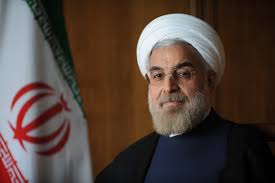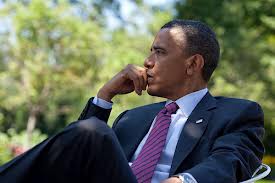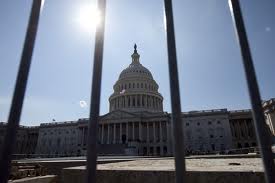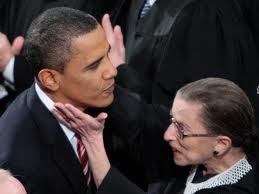The Obama Administration’s Unforced Errors – They have been avoidable. Will they define President Obama’s presidency?
-Christopher Carroll
Unforced errors are the bane of a tennis player’s existence – they seem to be the bane of President Obama’s existence too.
The catastrophic opening of the Affordable Care Act health exchanges and the emergent reality that many Americans will be kicked off their current healthcare plans, despite Presidential assurances to the contrary, have given democrats and the White House headaches. These unforced errors probably could have been avoided. Instead, they could cost the President the ability to realize the remainder of his second term agenda and may cost democrats on Capitol Hill their jobs.
 Rather than celebrate a debt limit victory over Republicans, President Obama and the rest of the party are ducking for cover, as Republicans and the public fume over what is seen as government ineptitude with HealthCare.gov and Americans losing their coverage. While democrats in Congress were willing to swallow a difficult pill when passing the A.C.A in 2010, they may be less willing to stand by the law now. Already, democrats are introducing new legislation to amend or delay Obamacare. Soon, the Obama administration will not only have given back all the ground gained after the government shutdown, they will be trying to lead a party unwilling to follow them.
Rather than celebrate a debt limit victory over Republicans, President Obama and the rest of the party are ducking for cover, as Republicans and the public fume over what is seen as government ineptitude with HealthCare.gov and Americans losing their coverage. While democrats in Congress were willing to swallow a difficult pill when passing the A.C.A in 2010, they may be less willing to stand by the law now. Already, democrats are introducing new legislation to amend or delay Obamacare. Soon, the Obama administration will not only have given back all the ground gained after the government shutdown, they will be trying to lead a party unwilling to follow them.
If the problems aren’t fixed soon, congressional democrats will likely distance themselves from the President in attempts to protect themselves in the 2014 and 2016 election cycles, a possibility that White House officials fear could derail President’s remaining agenda.
****
President Obama and his staff clearly recognize how precarious their situation is. Tuesday, the President apologized to those people who are losing their coverage, a rare moment in American presidential history. While that clearly is just the beginning of the administration’s response, the most prudent way forward is not widely agreed upon.
Some democrats are angry, fearing that the White House response has been too subdued, not reflecting the dire situation that the failures have placed them in. Others, fear that by directing all their attention to the A.C.A, the White House will lose sight of its other priorities, including immigration and gun reform.
****
Regardless of how much energy and priority is devoted to the A.C.A disaster, the past weeks will remain Republican ammunition to be used against vulnerable democrats in Congressional races. While the issues must be fixed as soon as possible, the other agenda priorities must not be forgotten or else risk letting the faulty roll-out rule the public discussion long into the foreseeable future. The faster the administration can put this time behind it the better for President Obama, his priorities and for democrats running for re-election in 2014.
The administration must find a quick administrative fix, similar to that reported by the Huffington Post on Friday, to address those people who are losing their current coverage. The President cannot afford to look like a liar or misinformed. The administration must then begin pushing their agenda. President Obama must focus on immigration reform, gun reform, women’s rights, voter enfranchisement and job creation. He must help provide congressional democrats with ammunition of their own, lightening the weight that the A.C.A will undoubtedly prove to be during the election cycle.
Unforced errors happen to everyone. While they define average athletes, people and politicians, great athletes and leaders are made in response to them. Which will President Obama be?
Filed under: D.C Playground, Health Policy/Affordable Care Act, Uncategorized | Tagged: A.C.A, Barack Obama, Election 2014, Health Exchanges, ObamaCare, Patient Protection and Affordable Care Act | 1 Comment »






























